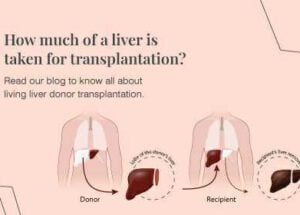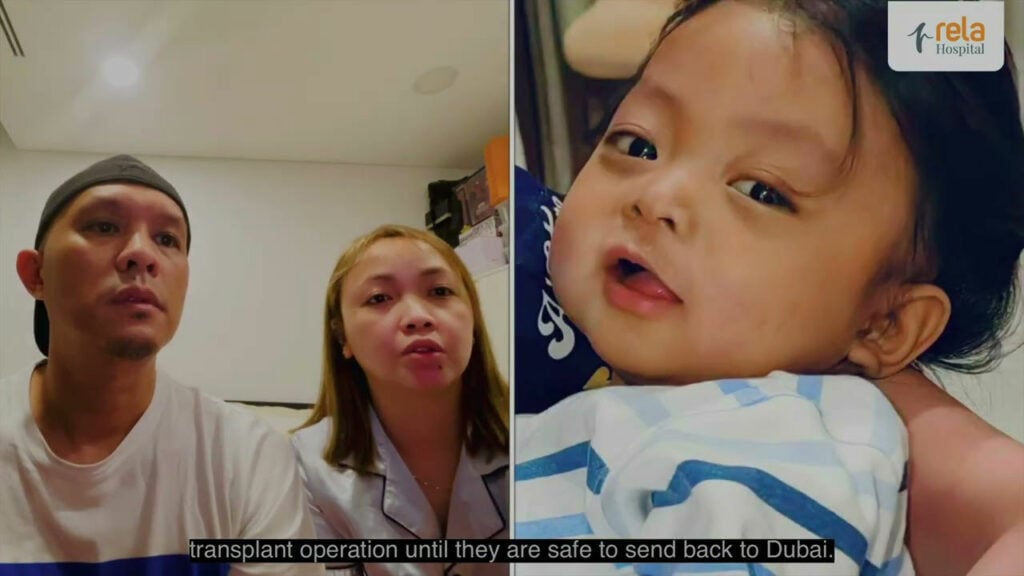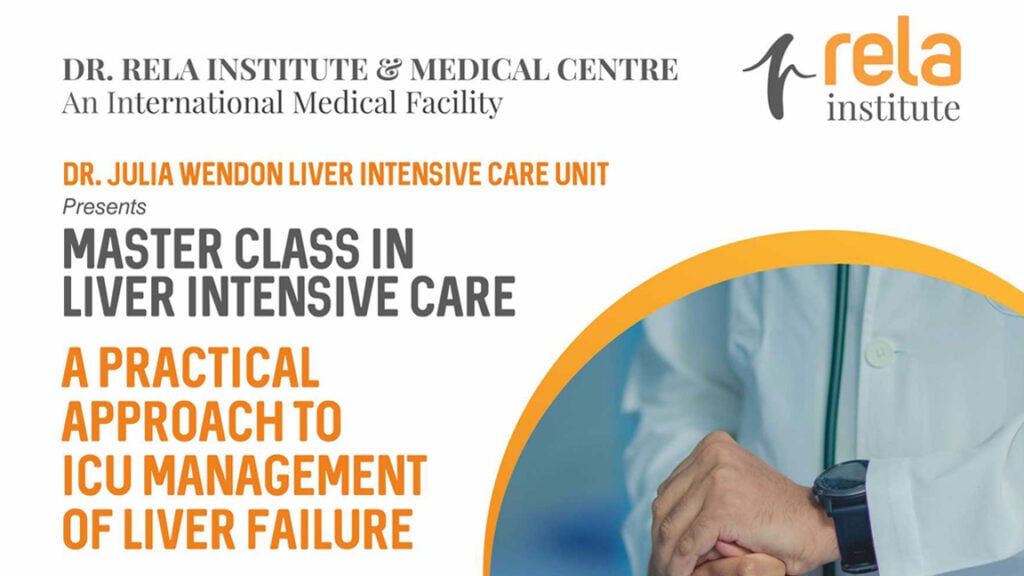Cancer that originates in the liver is called Hepatocellular Carcinoma. This makes it different from other secondary liver cancers that originate in other organs and then spread to the liver. If detected early, Hepatocellular Carcinoma can be cured either with a liver transplant or surgery.
However, if the cancer is in an advanced stage, it cannot be cured, but with treatment and support, you can live longer and lead a good quality of life.
Causes
Though doctors are yet unsure of the cause of Hepatocellular Carcinoma, they have identified certain things that could increase your risk of suffering from it. They are:
- Hepatitis B or C: This cancer can develop years after one has had either of these liver infections. These cancers are passed through the blood when users share needles.
- Cirrhosis: When liver cells are affected and replaced with scar tissue, cirrhosis sets in. Cirrhosis could be caused by hepatitis B or C infection, drug abuse, alcohol drinking, or excess iron in the liver.
- Excessive alcohol habit: Having two shots of alcohol per day over many years can increase one’s risk for hepatocellular cancer. If the number of daily drinks increases, one’s risk for this cancer also increases.
- Obesity and diabetes: Both these conditions can raise your risk for liver cancer. Obesity leads to nonalcoholic fatty liver disease, which can lead to hepatocellular carcinoma.
- Iron storage disease: When there are excessive amounts of iron stored in the liver, it leads to hepatocellular carcinoma.
- Aflatoxin: This toxin is made from some varieties of mold on corn, nuts, and grains, leading to the development of hepatocellular carcinoma.
Symptoms
In the early stages of this cancer, you might not display any symptoms, but as it grows, you could experience some or all of these:
- Jaundice
- Bloating
- Stomach ache
- Fever
- Loss of appetite
- Heavy feeling in the upper part of the stomach
- Nausea and vomiting
- Weakness
- Weight loss
- Pale, chalky bowels and dark urine
Staging of Hepatocellular Carcinoma
To determine the extent of liver cancer’s progression, doctors employ staging. Most doctors rely on three primary elements, while there are a few other systems in use, and not all of them follow them exactly:
Tumor:
- What is the primary tumor’s size?
- Does the liver have several tumors?
- Have adjacent structures, such as hepatic veins, been affected by the cancer?
Nodes:
- Has the malignancy spread to any neighboring lymph nodes?
- Have distant organs such as the lungs or bones been affected by the cancer’s metastasis?
This helps doctors in assigning the cancer a general stage, which directs the development of a treatment plan.
Risk Factors
Could You Be at Risk for Liver Cancer (HCC)?
Most people don’t think much about liver cancer until it becomes personal. But there are a few health conditions that can quietly raise your chances of developing it.
Hepatitis B is a contagious virus passed on through the exchange of blood or bodily fluids from an infected individual. What’s tricky is that it can lead to liver cancer even before serious liver damage (like cirrhosis) shows up.
Hepatitis C also targets the liver, though it’s passed on mainly through blood. Over time, it wears down the liver, making cancer more likely.
MASLD, that’s short for metabolic dysfunction-associated steatotic liver disease, is basically when fat builds up in your liver. It’s more common in people living with obesity, diabetes, or inherited metabolic disorders.
Alcohol might be legal, but that doesn’t make it harmless. Over time, drinking heavily can leave lasting scars on the liver, and those scars can turn dangerous.
So What Can You Do?
If any of these sound familiar, your doctor might recommend liver screening from time to time. It’s not just about catching something early; it’s about staying a step ahead. And if you’re looking to cut down risks, start with the basics: stay on top of your health, manage long-term conditions, and don’t be afraid to ask your doctor what more you can do.
Diagnosis
The doctor will begin with a physical examination and ask about your symptoms, medical history, and lifestyle choices that might influence your liver’s health.
Common tests used to confirm a diagnosis include:
Blood Tests: Alpha-fetoprotein (AFP) is a crucial marker that is frequently evaluated. Elevated AFP levels may point to HCC or underlying liver conditions like hepatitis or cirrhosis.
Imaging Studies: Instruments such as MRIs, CT scans, ultrasounds, and angiography are used to image the liver and find any anomalous growths or tumorous signals.
Liver Biopsy: If the blood tests and scans are inconclusive, a sample of liver tissue may be taken for closer examination under a microscope to confirm the presence of cancer cells.
In individuals with cirrhosis, certain features seen on imaging scans may be enough to make a confident diagnosis without the need for a biopsy, a unique aspect of HCC diagnosis.
Treatment
The tumor’s size, location, liver function, and whether the malignancy has spread all affect how HCC is treated. The objective is to manage the illness, enhance life quality, and in certain situations, provide a cure.
Surgery
The afflicted section of the liver may be surgically removed in a hepatectomy if the tumor is limited to that area and liver function is robust. With the opportunity to treat both the cancer and the underlying liver illness, a liver transplant may be a superior alternative in situations when the liver has sustained considerable damage.
Ablation Treatment
With this method, cancer cells are destroyed by applying heat or cold. Energy (such as microwave or radiofrequency) is given to the tumor using a thin needle, burning or, in certain situations, freezing the tissue.
Symbolization
If surgery is not an option, the tumor’s growth can be slowed or even eliminated by cutting off its blood supply.
Chemotherapy is delivered to the tumor directly using chemoembolization.
Targeting cancer cells with small radioactive beads is known as radioembolization.
Therapy with Radiation
For malignancies that are not amenable to ablation or surgical excision, targeted radiation therapy may be beneficial. High doses are delivered to the tumor while preserving healthy liver tissue using a precision technique called stereotactic body radiation therapy (SBRT).
Prevention
Simple Steps That Can Help Lower Your Liver Cancer Risk
Wondering if there’s anything you can do to reduce your chances of developing liver cancer (specifically hepatocellular carcinoma)? The answer is yes, and it starts with being proactive about your health.
- Get vaccinated against hepatitis B. It’s a simple shot that can go a long way in protecting your liver.
- If you’ve ever been at risk of exposure to hepatitis C, don’t wait. Talk to your doctor. There are treatments available now that can actually cure it.
- Keep an eye on your liver health, especially if you have conditions like obesity, diabetes, or high cholesterol. These are often linked to a fatty liver, which can lead to complications down the road. Making mindful food choices and maintaining a weight that works for your body really helps.
- Think about your alcohol intake. If it’s on the higher side, cutting back can do your liver a big favor.
- And if you smoke, quitting is one of the best things you can do, not just for your lungs, but your liver too.
One Small Step Today, Big Protection Tomorrow
Staying informed, checking in regularly with your healthcare provider, and making small, consistent changes can add up to long-term protection. Your liver works hard for you show it some love back.
WHY Rela Hospital
Advantages/Expertise
When the doctor informs you that you’ve got cancer, it’s a life-changing moment. Everything seems to stand still until you accept the reality that faces you. But don’t worry, should this happen to you, you’ll be in very good hands at the Dr. Rela Hospital, Chennai, India, where a lot of care is taken of patients in such sensitive moments.
And once the treatment begins, again you will see the swift and expert minds and hands at work, each time doing things differently and well with your interests at heart. No wonder, the Dr. Rela Hospital is regarded as the Hepatocellular Carcinoma treatment hospital in Chennai.
It is home to the finest cancer specialists in the world who have trained under world-renowned cancer gurus. In fact, the founder of this hospital is also an internationally-renowned liver specialist who comes to you with his own impressive record of liver treatment. Apart from him, you can also approach any of our long list of Hepatocellular Carcinoma Treatment Specialists in Chennai, India, under our roof.
Our success in liver diseases and Hepatocellular Carcinoma is so well-known that after being committed to treating this disease for about two decades or more, we are better known as the Best Hepatocellular Carcinoma Hospital in India.
We welcome you to our hospital, should you ever need guidance or treatment.
Frequently Asked Questions
1. What is the survival rate of hepatocellular carcinoma?
Survival rates over five years for hepatocellular carcinoma (HCC) differ greatly due to a range of influencing factors. Early-stage diagnosis is linked to survival rates over 70%, while advanced stages may have rates below 20%. Curative treatments like surgery or interventional radiology can lead to five- and eight-year survival rates above 50% and 40%, respectively. Liver transplantation offers the highest five-year survival rate, around 80%.


















